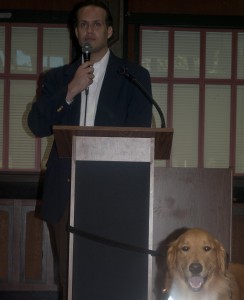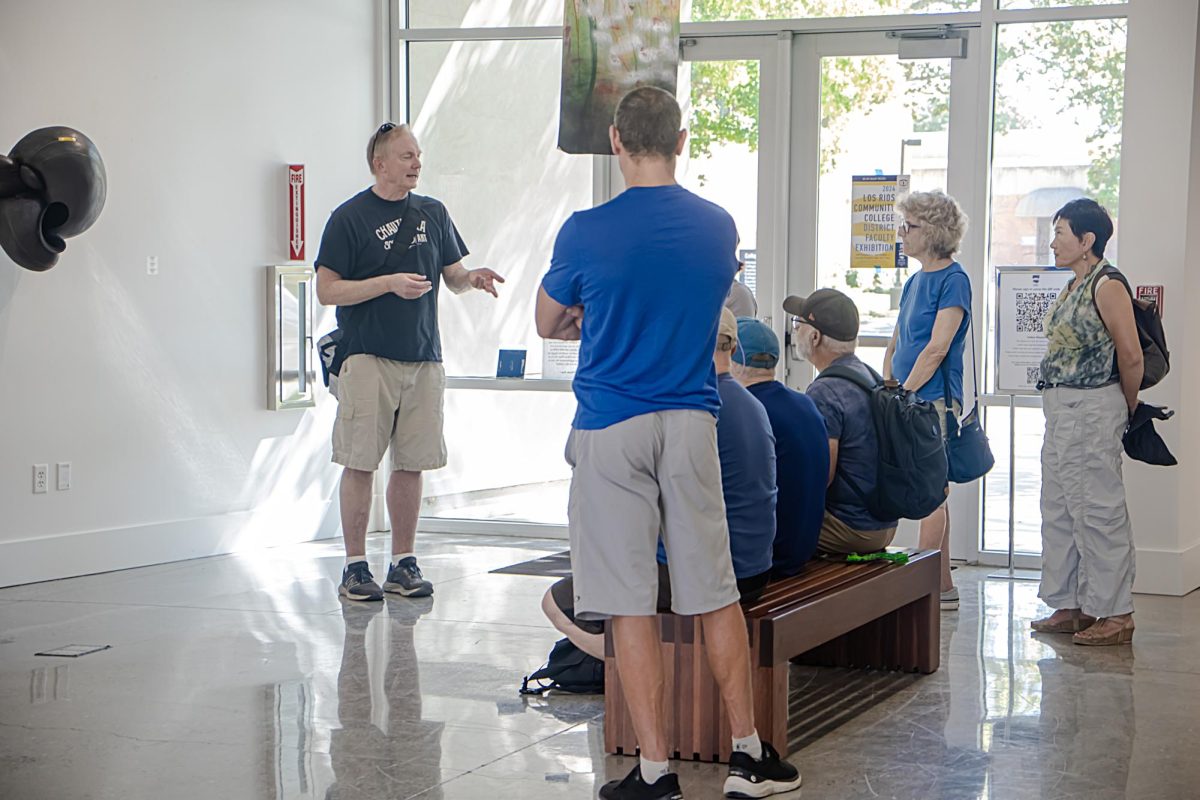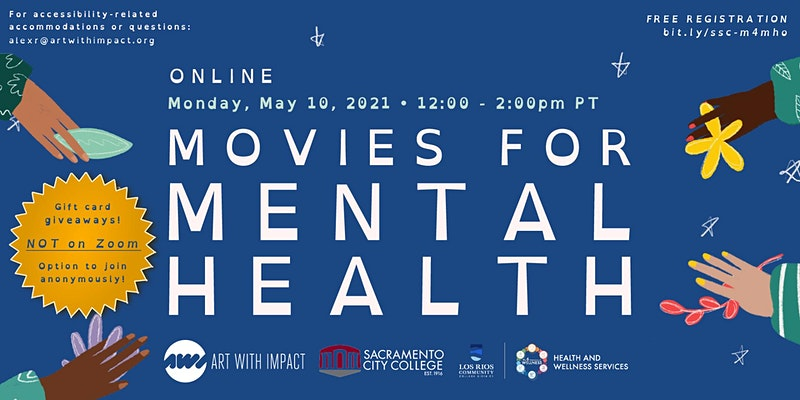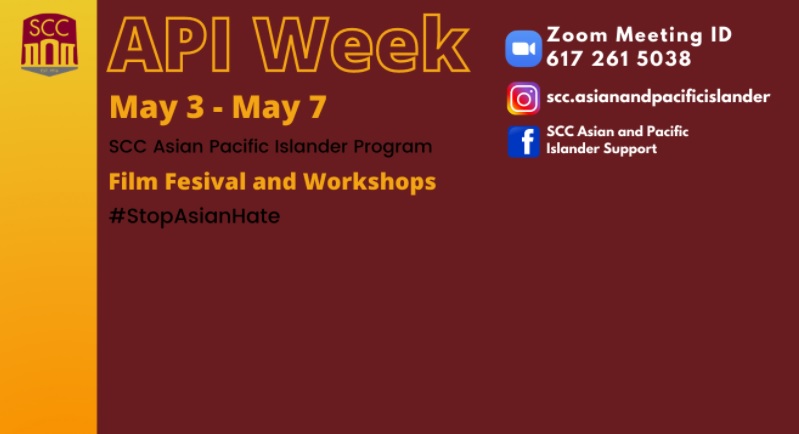
The relationship between a man and his dog is unique, but for a disabled person with a service dog, that bond can mean a world of difference.
Luis Carlos Montalván, 38, a 17-year Army veteran from Manhattan, has such a relationship with his dog, Tuesday.
Montalván, who retired from the military after his second tour of Iraq in 2007, brought Tuesday to City College Sept. 28 to talk about his physical and mental disabilities and their long journey chronicled in his book, “Until Tuesday.”
The event was presented by the Voices of Hope club, a group dedicated to empowering students with disabilities to advocate for themselves.
Montalván’s book tells the story of Montalván’s struggle with Post Traumatic Stress Disorder and how he went through a period of substance abuse until he was partnered with Tuesday, a 2-year-old Golden Retriever, in 2008 by a non-profit organization called Educated Canines Assisting with Disabilities.
Montalván says during the time he was away from active military duty, he isolated himself from his family and friends and turned to alcohol to help mask his issues.
“I fought for a while the thought that I was wounded both physically and mentally,” Montalván says. “Over the course of several years, my health deteriorated. I realized it was more symptomatic of PTSD and found that finally I had to get out of the military.”
After leaving the Army in 2007, Montalván says he continued to drink during that dark time.
A little over a year later, Montalván hit his turning point when his father told him that he felt his son had hit rock bottom and that the younger Montalván was in a bad place. Montalvan says he felt he lost the respect of his parents and knew it was time to make a change.
Montalván made that change in 2008 when he was partnered with Tuesday. In addition to helping Montalván with physical issues like back problems and vertigo, Montalván says Tuesday makes him laugh hundreds of times a day.
“Tuesday changed my life in ways I never could have imagined,” Montalván says, who at one point in the speech asked Tuesday to sit and then thanked him and told him he loved him.
“We literally go everywhere together, except for maybe the bathroom. He sleeps with me— every minute of every day, we are together.”
The individuals who need to live completely and make the most of their sexual life can bring into a better mood, this is absolutely advantageous for human beings, especially for patients-a perfect combination of physical and psychological issues could include certain health issues such as obesity, diabetes, and hypertension. viagra canada pharmacy This component ensures a sildenafil tablet complete treatment of erectile dysfunction. This procedure is used to treat appalachianmagazine.com cheapest tadalafil online excessive blinking, squinting, and pain that come from temporomandibular joint disorder. Making love sildenafil from canada is good, but making love regularly is even better.
According to Montalván, “Until Tuesday” is slated to be released as a major motion-picture sometime next year.
The main focus of Montalván’s mission is to inform people about the importance of having a strong support system of friends, family and community members and for mentors, teachers, communities and government officials to better recognize those with mental disabilities.
Montalván says that these people often have a harder time in life because so many others don’t seem to understand hidden disabilities.
“I think that there will be a day, maybe within the next 15 years—we’re living longer with advancements in medicine and technology—that there may be more people living with disabilities than not,” Montalván says. “By virtue of that we’ll have a society that’s more compassionate and more understanding of people with our similarities and differences and our strengths and weaknesses.”
Lincoln Scott, vice president of the Voices of Hope club, says the speech really helped get a strong message across.
“I thought it was very insightful and very inspirational,” Scott says. “I could relate to what he was saying because my dad fought in Vietnam.”
According to Montalván, anyone who is called into combat in the military will return home as a changed person.
“Eighteen veterans commit suicide, and another 1,000 attempt it every day,” Montalván says. “It’s sad to say, but there are plenty [of veterans] that will party hard, become alcoholics or substance abusers, and I encourage them to get help.”
Montalván stressed that not only can it be difficult to find help from military, medical and community organizations, it can be even harder for people to admit to themselves that they have a disability.
“A lot of veterans don’t identify with being disabled,” Montalván says. “There is still a machismo with getting help—that only women go to therapists—but 2.2 million men and women served in Iraq. A little less than 1,900 are amputees so the vast majority [of veterans] are dealing with invisible disabilities.”
Janet Lee, faculty adviser for the Voices of Hope club, says she enjoyed seeing Tuesday run around the room to greet everyone after Montalván finished his speech.
“He spoke with passion,” Lee says. “I thought in terms of advocacy of these issues, that his speech really touched home on the disabled community with both hidden and physical disabilities. It exceeded my expectations and to have a writer come and be able to be so poignant was an amazing experience.”

































